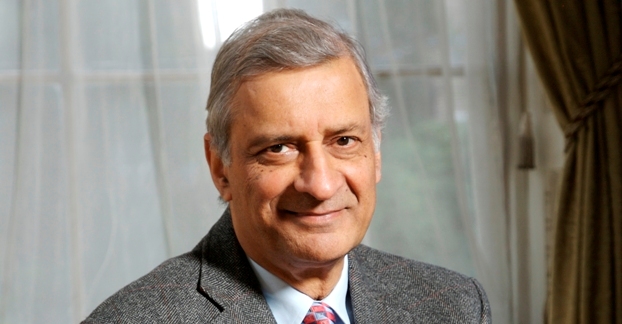
Commonwealth Day 2013 saw the signing and release of the Commonwealth Charter by the Head of the Commonwealth, Her Majesty Queen Elizabeth II. This was a truly defining moment for the Commonwealth. Adopted collectively by the Commonwealth Heads of Government, the charter embodies the belief, aspiration, and commitment of all member states to the highest public values. Dedication over time to upholding them has given the Commonwealth its distinctive character and strength.
Building on all earlier statements, from the Singapore Declaration of 1971 to the 2009 Affirmation of Commonwealth Values and Principles, the charter also reflects the intent of our Heads of Government to raise the profile and deepen the impact of the Commonwealth. It is of and for the people. In framing it, consultation took place throughout the Commonwealth, among the public, among civil society, and among elected representatives. The opening words of the charter are: “We the people of the Commonwealth.”
The values and principles embodied in this charter are distilled wisdom born of the thought, the labours and the struggles of generations. Men and women, young and old – people from every walk of life throughout the Commonwealth have helped us grow in understanding. Through seven decades the governments and people of our member states have been inspired both by the vision and the reality of a Commonwealth uniting in a shared journey.
Such dedication, and the enterprising spirit that has inspired the Commonwealth throughout its history, continues to drive us forward as we strive to open up new prospects and broaden horizons of expectation and achievement for all our citizens. These are the objectives and motivations expressed succinctly in our new Commonwealth theme for 2013, Opportunity through Enterprise, also launched on Commonwealth Day.
Among the many strengths that enable us to make progress towards our shared goals of democracy, development and respect for diversity, is the exceptionally wide range of Commonwealth bodies which bring together institutions, professionals, and individuals in communities of mutual interest in dynamic collaboration. At the biennial Commonwealth Heads of Government Meeting, associated forums for youth, business, and civil society – the People’s Forum – engage in creative and forward-looking dialogue with the intergovernmental Commonwealth, as in our ministerial meetings. These gatherings do much to create connections and belonging, elements that give the Commonwealth its particular sense of goodwill, and set it apart among international groupings.
This paves the way for joint action – common enterprise – with our member states, bringing their collective influence to bear globally in ways that advance our shared values. One example of this is our engagement with the G20. There are five Commonwealth members of the G20. By collaborating with them, and with successive G20 presidencies, the Commonwealth helps bring the concerns and priorities of all our members inclusively to the G20 table, particularly the smallest and most vulnerable.
Another current instance is the way our member states are harmonising collective Commonwealth insights to the post-Millennium Development Goals development dialogue. We are making contributions of Commonwealth perspectives from various viewpoints: those of small states, of civil society, of education ministers and of youth, women’s ministers and health ministers. All can leave a mark on the outcome of the new global development framework beyond 2015.
Through such practical action, derived from the determination to bring our potential and vitality to bear, and the Opportunity through Enterprise, of which our 2013 theme speaks, the Commonwealth continues to open up new avenues to progress and prosperity for our people. It is this common ‘weal’, the common good, wealth in its largest sense, which our new Charter of the Commonwealth seeks to uphold, to guard and to advance.





